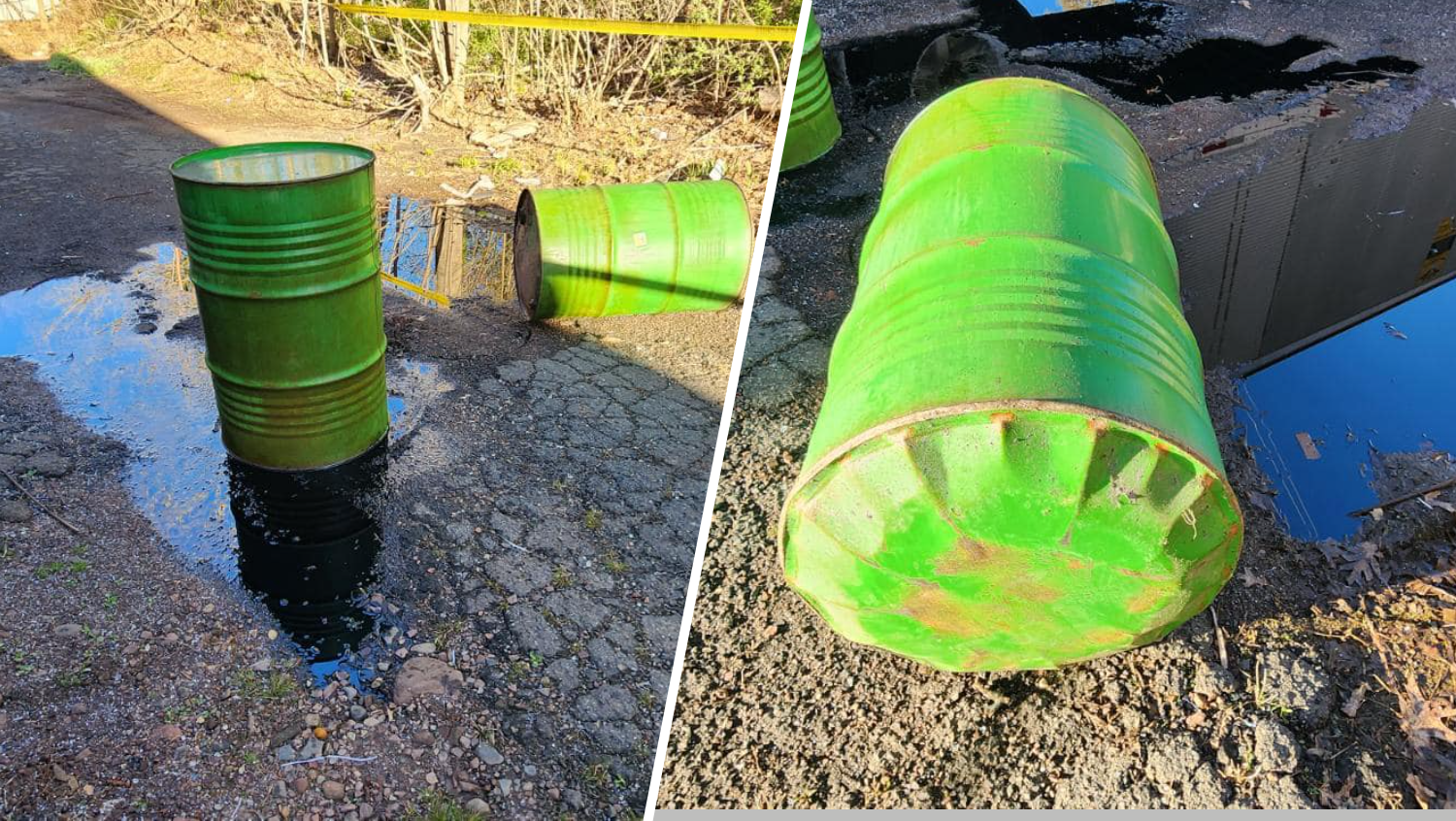Escaping domestic violence requires a lot of courage and thought, especially when someone is considering where they can go that is safe and that they can afford.
A Rapid Re-Housing program aims to take that dilemma out of the equation by providing rent assistance.
The program is run by the Connecticut Coalition Against Domestic Violence (CCADV) and funded by the Connecticut Department of Housing. It will subsidize rent for domestic violence victims for up to two years.
Home is meant to be a haven, but for thousands across the state, their home is a place where they are not safe.
Get Connecticut local news, weather forecasts and entertainment stories to your inbox. Sign up for NBC Connecticut newsletters.
“You get put in a position where you're too afraid to leave, but staying is just as frightening,” Mary Keegan, who is taking part in the rent assistance program said.
It was the case for two Connecticut women who said they experienced domestic violence, including Keegan.
“Financial abuse, mental abuse. I didn't have my life, you know, I had no autonomy,” Keegan said.
Local
The other, Christina, does not want to be identified further for safety reasons.
"It was verbal abuse. We did have one where he hit me and the cops did come. But it was mostly like, ‘you're not going to be able to survive on your own,’ " Christina said about her relationship with her ex-husband.
Both moms made the difficult decision to take their kids and walk out.
“I was actually going to try to go into a shelter, but they were all booked because of COVID-19,” Christina said. “I just didn't know where to turn.”
Keegan felt a similar struggle in deciding to seek her own home away from her partner.
“I had a really good job, but I didn't have the funds to just put thousands down to be able to get into an apartment,” she said.
Christina went through the courts and Keegan reached out to an advocacy organization called Safe Futures. Both women were connected to the Rapid Re-Housing program.
“The goal of the program is to provide victims with housing solutions, whether it's staying in their apartment, or their home or finding a newer, safer location for themselves,” CCADV President and CEO Meghan Scanlon said.
The CCADV program is funded by grants from the state Department of Housing. Right now, the coalition works with eight advocacy organizations across Connecticut, and there is a housing advocate at each site.
Scanlon said there are plans to expand the program to have 18 full-time housing advocates.
She said after the Rapid Rehousing program launched in 2019, an uptick in domestic violence driven by the pandemic made it crucial.
“The combination of violence, the rising cost of rent, and lack of housing stock made all of these things very challenging. So it was a critical time to be able to have to use the Rapid Re -Housing program,” Scanlon said.
At CT Safe Connect, the state’s domestic violence hotline, Dynalee Dones, an advocacy coordinator, is often the first link in the chain connecting victims to a housing advocate.
“A lot of them, because of all the abuse, become homeless or are in a crisis of being homeless at the moment,” Dones said.
Whether through phone, text, email, or chat, more than 20,000 people reached out to the hotline in 2021.
Last year, 705 people utilized the Rapid Re -Housing program. That included 281 adults and 424 children. Ultimately, 310 people moved on to financial and housing independence.
A place to call your own would give anyone a sense of stability.
“Everything that I have in here, like the coffee pot, toaster, silverware, everything I have came from the program,” Keegan said about her apartment.
That stability is even more important for someone leaving behind a home where they felt they were in danger.
"It seems really scary,” Christina said. “But you’ve got to put yourself first. By you putting yourself first, you're helping your kids as well, and you're showing them strength.
Keegan, who has been in her apartment for nearly a year, said she made the right choice for her baby daughter and feels she’s found a space where home is once again a refuge.
“To be able to live here and to just know that I'm safe, I don't want my daughter to have a childhood that she has to heal from,” Keegan said.
If you need to speak with an advocate, you can reach out to CT Safe Connect via phone, text, email, or chat 24 hours a day, 7 days a week. You can chat in your preferred language, and you can also remain anonymous.
Phone: 1-888-774-2900
Email: safeconnect@ctcadv.org
Website: CTSafeConnect.org



